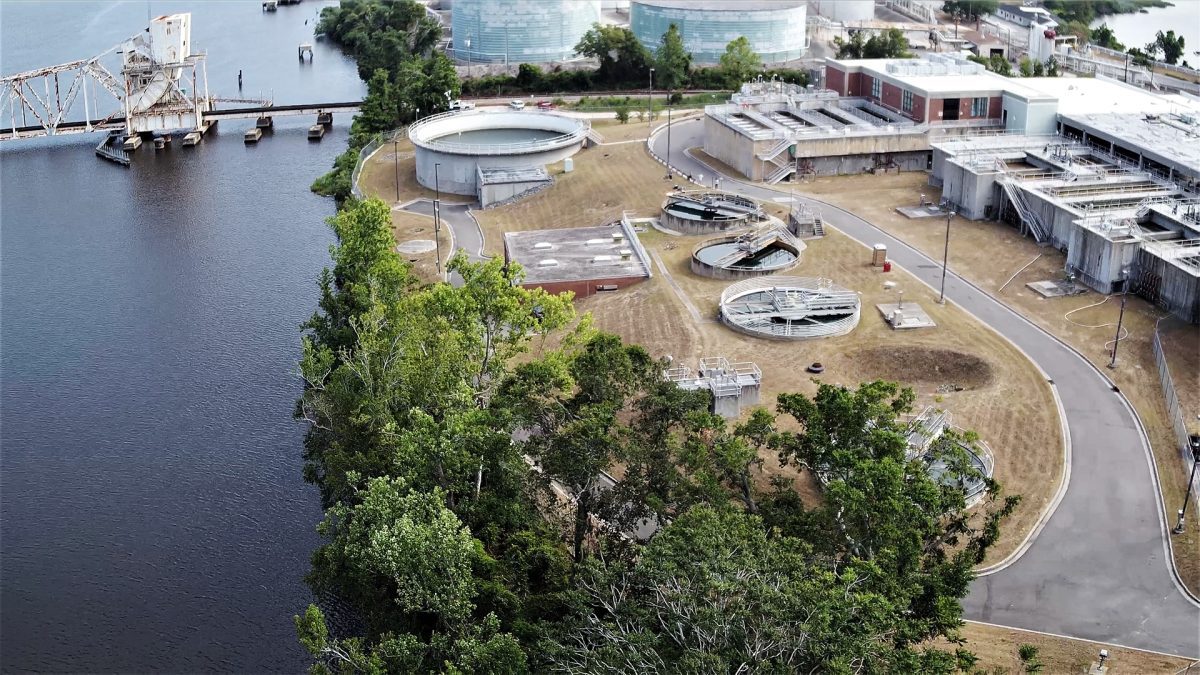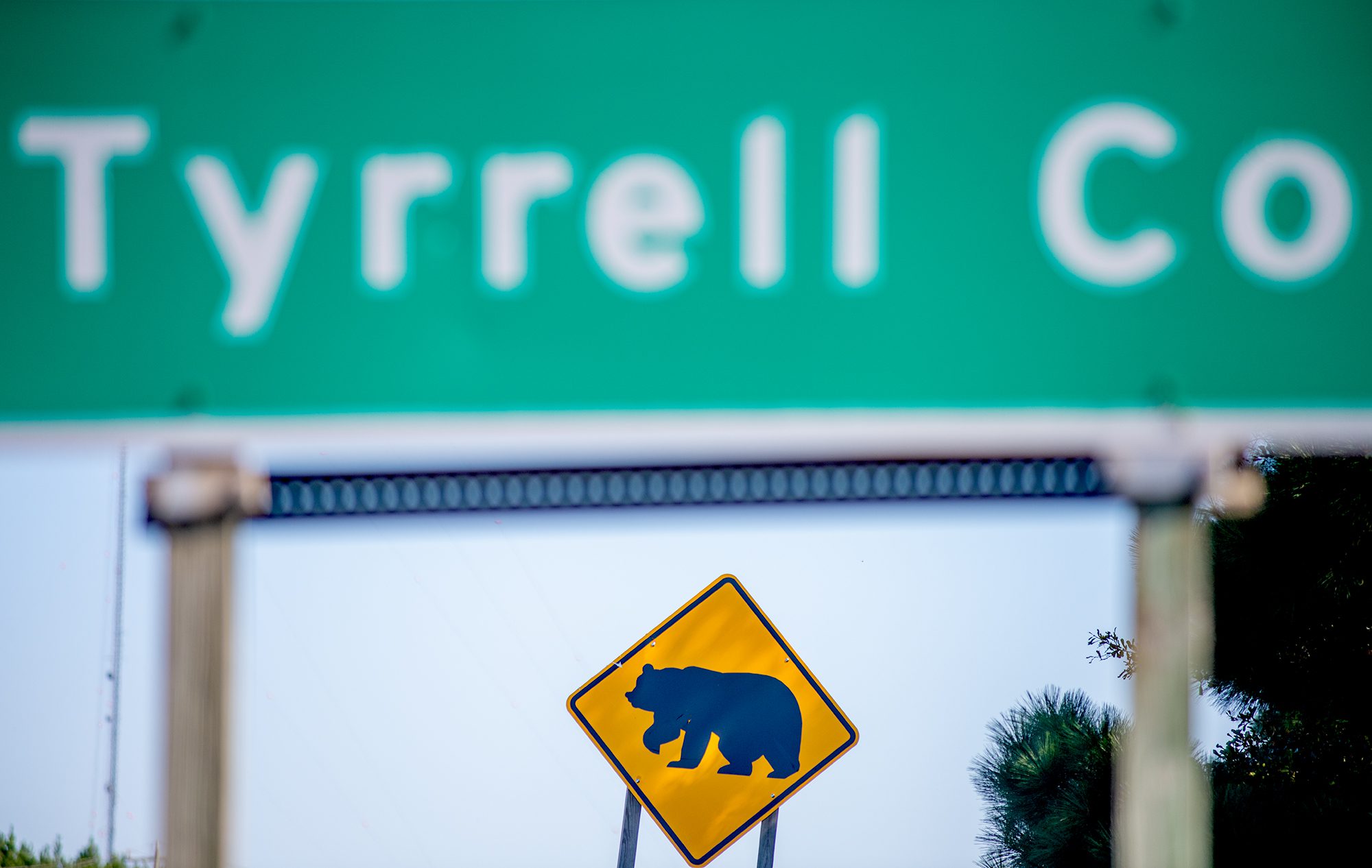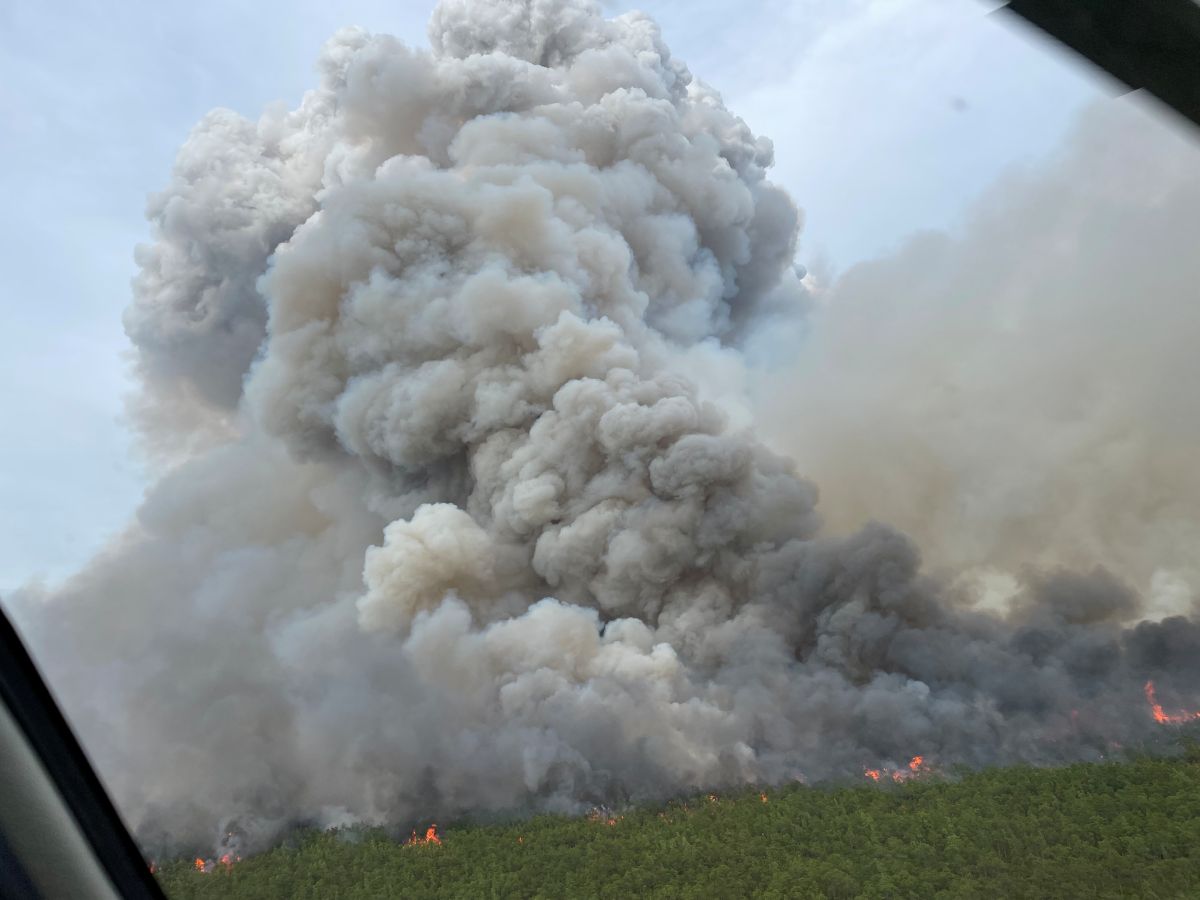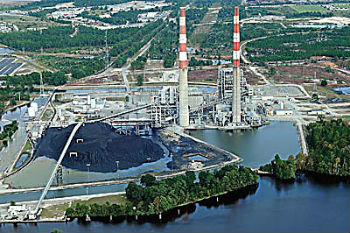 The Sutton plant near Wilmington is one of the four critical sites identified by Duke Energy as priority for clean up. Photo: Cape Fear Riverkeeper |
RALEIGH — At least three legislative proposals calling for tighter regulations and the cleanup of coal ash ponds are in the works for the coming General Assembly session.
The session, which starts in mid-May, is the first since a massive spill in the Dan River at a retired Duke Energy plant near Eden drew national attention to the lack of oversight and regulation of 33 ponds on 14 sites in North Carolina, including the newly retired Sutton generating plant, on the Cape Fear River near Wilmington.
Supporter Spotlight
At a meeting Tuesday of the legislature’s Environmental Review Commission, representatives of Duke Energy and state Department of Environment and Natural Resources officials briefed legislators on the cleanup of the Dan River spill along with an update of plans for the assessment of the company’s other sites around the state.
Paul Newton, president of Duke Energy’s North Carolina operations, reiterated a plan for the three Sutton ponds outlined in a March 12 letter to Gov. Pat McCrory from Duke CEO Lynn Good. Sutton was one of four sites in the state identified as priorities by the company.
Good’s letter said the company plans to “accelerate planning and closure of the Sutton ash ponds to include evaluation of possible lined structural fill solutions and other options.”
The letter also commits the company to a timeline to spell out a closure strategy for the ponds within the next six months and to continue drying out the ash basins, a process expected to take 18-24 months to complete.
 Paul Newton |
At Tuesday’s meeting, Newton said the company plans to submit strategies for all 14 sites to DENR by the end of the year. After that, Duke will conduct a more detailed evaluation and plan for each site, which can take 6-12 months to complete. Newton said the work will be done at several sites in tandem and should be completed statewide in 24 to 36 months.
Supporter Spotlight
An initial estimate provided by the company showed the cost could range from $2 billion to cover work at the four critical sites and capping in place the other 10 sites to as much as $10 billion should the state require full excavation and complete conversion of all plants to dry only ash systems.
Although the company has not indicated how it will cover the cost of the cleanup, state utility regulators told legislators Tuesday if it were passed on to ratepayers it could mean as much as a 20 percent hike in utility bills.
Sutton Details Unclear
In Duke’s latest update, Sutton, along with the Dan River site and the company’s Riverbend plant near Charlotte is included in cost estimates for removal and excavation of coal ash “to a lined structural fill or lined landfill.”
But while it’s included Sutton in the costs, Newton said the company is waiting for further assessment while it looks at its options. In an interview after the legislative briefing, Newton said Sutton was a unique case.
“With Sutton, it’s going to require some more information to find out what is the best solution,” Newton said.
Rep. Rick Catlin, R-New Hanover, said from what he has heard it does appear that the idea is to relocate the Sutton ash to a lined landfill. “The big questions are where that’s going to be and how long it takes,” he said.
Catlin said he supports establishing deadlines for Duke to come up with compliance plans for all the sites. He said the state also needs to improve inspections and monitoring.He expects a strategy for the site to be worked out by the end of the year.
He also supports DENR’s move to open up the stormwater discharge permits at Sutton and a handful of other sites and advocates opening them up for all 14 because it sets a deadline for coming up with a plan.
“It’s a good way to evaluate site by site whether they are in compliance,” he said.
Cape Fear Riverkeeper Kemp Burdette said Duke does seem to be moving ahead with a removal plan for the ash at Sutton, but he remains cautious without further details.
“They went a little further than they have in the past in saying they’d do that,” he said, “but it’s a little early to say we support the plan.”
Burdette said that, as at all the other sites, the Sutton ash ponds are contaminating groundwater. But given the nature of the Sutton area, it is more difficult to monitor due to the thick vegetation around the lake near the pond berms.
Wilmington officials also plan to take a hard look at any plan for Sutton before signing off on it. The city’s drinking water supply, which comes from an intake at the Number One Lock and Dam would not be affected by a spill, but its downtown is a few miles downstream from the plant.
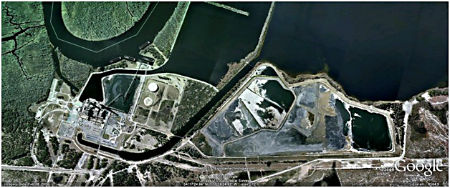 To the right of the Sutton plant are the three coal ash ponds next to Lake Sutton. The U-shaped body of water at the top, left corner of the aerial photo is a section of the Cape Fear River. Photo: Google |
Tony McEwen, assistant to the city manager for legislative affairs, said Mayor Bill Safo and members of the city council toured the Sutton plant three weeks ago and held a discussion and update on its coal ash ponds last week.
“The council is going to give it due diligence to try to understand the options on what to do with coal ash,” McEwen said.
So far, the city is trying to gather information and has not issued any formal demands to Duke, McEwen
said. The council, he said, is expected to consider a resolution sometime in the next month proposed by the Sierra Club calling for a cleanup.
Legislation Shaping Up
With the legislative session just a few weeks away, the prospect of coal ash bill appears likely.
Both Gov. Pat McCrory and House and Senate Democrats are on record with proposals and House and Senate leaders are developing a joint proposal.
Rep. Chuck McGrady, R-Henderson, who was in discussions earlier in the interim with Senate Rules Committee chair Tom Apodaca, R-Henderson, said after Tuesday’s Environmental Review Commission meeting that legislation is starting to come together that will focus on speeding up action on the ash ponds and improving oversight.
 Rep. Chuck McGrady |
 Rep. Pricey Harrison |
McGrady said he’d like to see a bill include better monitoring, inspection and regulation, and an end to wet coal ash disposal.
“I think we need to strengthen regulation of coal ash ponds and specifically prohibit construction of new ones,” he said. The legislature would also have to provide additional funding as well.
“This is going to come at a cost,” McGrady continued. “I think on DENR’s side you can’t give them a lot of new responsibilities and expect to not have to pay for it.”
Rep. Pricey Harrison, D-Guilford, said she expects to see Democrats move ahead with their bill, which calls for more extensive and definite removal of the existing ash. She said the company should not be able to get away with simply putting a liner over a site that is already contaminating groundwater.
“It’s problematic to leave these ponds in place because you have toxins that will continue to leach into nearby waters,” she said.
Duke got into the problem by mismanaging its coal ash, Harrison said, and should not be allowed to pass the cost onto consumers.
“I think Duke has significant revenue and spread out over a decade they could cover the cost,” she said.
She said the legislature should require a specific time frame for closure of the ponds and repeal changes made last year loosening standards on compliance boundaries for groundwater contamination.
Harrison said there is agreement on both sides of the aisles that a third legislative proposal, put forward by McCrory early this month, did not go far enough in spelling out a time frame and requiring specifics for cleanup.




